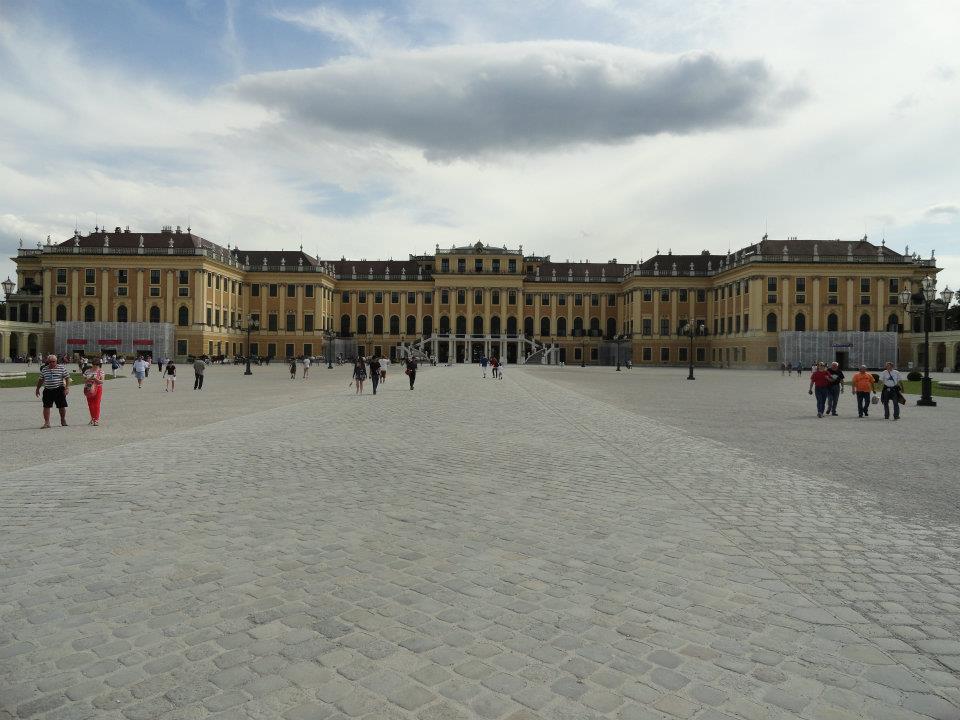Placement Information
Year you started your placement
2012
Placement period
May – August, September – December
Supervisor’s name
Dr. Dmytro Inosov
Project Details
Overview
Our group specializes in neutron spectroscopy. We use different neutron scattering techniques to study spin excitations in magnetic and superconducting materials. Sample preparation is usually done at the institute but the experiment itself is usually conducted at beamlines in neutron reactors in Germany and France. I’ve been assisting on a couple of projects: – measuring the normal and superconducting state response to excitations by
inelastic neutron scattering on the superconducting crystals Rb2Fe4Se5.
– studying the resonant mode in the heavy fermion CeB6 compound also
using inelastic neutron scattering techniques.
Project objectives
The current objectives are to conduct detailed energy and momentum scans for measuring the excitations in the normal and superconducting states for Rb2Fe4Se5, and understanding recently reported resonant mode and it’s dispersion in the non-superconducting heavy fermion CeB6.
Research outcomes
Both projects are still in progress. However during a recent beamtime at ILL, Grenoble for Rb2Fe4Se5, energy scans confirmed the previously reported resonance at 14meV energy transfer for the wavevector (1/2 1/4 1/2) in k-space. In addition, a spin gap below 10meV was observed for the first time in this compound. The energy window should be expanded to higher and lower energies to probe the dispersion of the resonance.
Project status
Completed
My Co-op Experience at MPI
Why did you apply for a placement with Max Planck Institute?
Max Planck Institutes are known worldwide for conducting cutting-edge research by the best experts in their fields. So it doesn’t take long for an undergraduate student, like myself, who is planning a future career in scientific research to realize that a golden opportunity like this doesn’t happen everyday. I knew I would learn a lot from the professional scientists here and I haven’t been disappointed so far. I think it gave me a better idea of how research is conducted at institutes like MPI: from reading scientific papers, conducting experiments, analyzing data and presenting results. In addition, the fact that it is in a country like Germany motivated me even more and I thought of it as a harmless challenge to come here and try to fit into a different society and learn a different language and experience the European lifestyle.
What recommendations do you have for students who wish to participate in MPI-UBC exchange program?
I think the most important thing is to be flexible. Like I mentioned above, this is essential to fit into a different society and adapt to a new lifestyle. And I believe that one has to have that quality from the very first day here, it will make it much easier to find friends and associate with people and eventually learn from them (cultural behavior, activities, language….).
Tell us about your travels and cultural experiences in Germany and the rest of the Europe
I’ve been having a great time here in Germany and Europe. I’ve been trying to travel as much as possible. Like I mentioned above, our group conducts experiments abroad, so we travel for work often. So far we have beam times in Munich(3 days), Berlin (14 days), Grenoble France(10 days). I also try to make use of holidays and weekends for traveling. I went to Austria for a weekend, and to Italy for a week visiting three cities. In France, I’ve been to Paris and Nice. In Germany I’ve been to Konstanz and Ulm and this weekend I was in Munich for Oktoberfest. I’m planning few more trips to Switzerland and Spain before I leave. I’ve made so many new friends from different coutries in Europe and I feel very lucky for meeting those people. I attached some of the pics below (I have many more and better pics but those are the ones I had on my flash drive at work).





